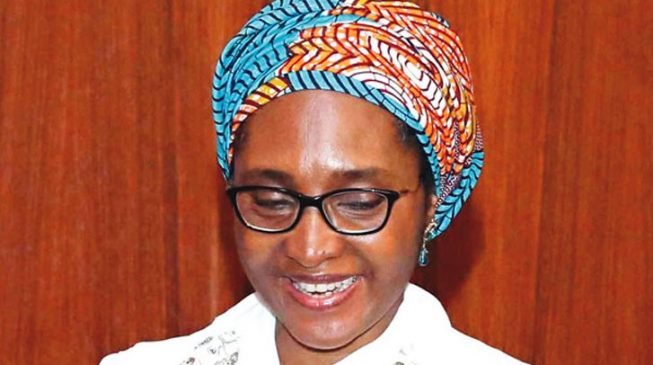Nigeria’s Ministers of Finance as well as Budget and National Planning have jointly insisted that the 2018 budget cannot be funded without selling off several assets owned by the Federal Government.
According to Mrs. Zainab Ahmed and Senator Udoma Udo Udoma, the move was necessary because of the huge cost of servicing new loans and dwindling revenue accruing to the country.
This has therefore influenced the Federal Government’s decision to sell-off of 10 state-owned assets to select investors and the public between now and year end, in order to fund the 2018 budget; the ministers say it is in the overall interest of the country.
According to a Director at the Bureau of Public Enterprises (BPE), Joe Anichebe, the federal government is expected to earn $797m (N289b) from the sale of 10 ailing key national assets, two of which must be sold this month (Nicon Insurance Limited and Skyway Aviation Handling Co). The Director further revealed that the agency had pledged to raise N306b to help finance the planned spending.
Firms like the Ajaokuta Steel Complex alongside others in the power, aviation and insurance sectors were pointed out by Governor of the Central Bank of Nigeria (CBN), Mr. Godwin Emefiele as assets penciled for disposal.
This was confirmed by the Director General of the Bureau of Public Enterprises (BPE), Mr. Alex A. Okoh, who said several of the entities had been prepared for privatization or commercialization.
These entities include, Afam Power Plant; concession of Terminal “B,” Warri Old Port; restructuring and recapitalization of the Bank of Agriculture (BOA); partial commercialization of the Nigerian Postal Services (NIPOST); and the restructuring/ commercialization of six River Basin Development Authorities (RBDAs); partial commercialisation of three selected national parks and re-privatization of Yola Disco.
While about N350bn is expected as proceeds from privatization proceeds; the BPE boss, Okoh however advised the Federal Government to reduce the propensity of loans being taken due to the high cost of service.
In place of loans, the BPE boss advised the Federal Government to dispose of some obsolete assets to raise money for the funding of the yearly budgets instead.
The capital component for which vital assets are being sold to part finance, in addition to funds from borrowings in the local and international markets is N3. 133t, out of the N 9.12t in the 2018 fiscal plan.
Under the plan, nearly N2t is to be raised from borrowings from both the domestic and international markets to fund infrastructure captured in the spending plan for the year.
Boko haram demand N100bn to free Leah Sharibu
According to the Guardian the sum of N643b has been raised so far from the domestic market by the Debt Management Office (DMO) this year, and handed over to the Federal Government for that purpose.
Nigeria’s Finance Minister defended this approach by the government during a familiarization tour of revenue generating agencies saying more funds outside government’s revenue was needed to make things happen because revenue has become inadequate.
On his part, the Minister of Budget and National Planning said;
“The draft 2019-2021 Medium Term Fiscal Framework shows that Nigeria faces significant medium-term fiscal challenges, especially with respect to revenue generation. Thus, key reforms will be implemented with increased vigour to improve revenue collection and expenditure management. Achieving fiscal sustainability and macro-fiscal objectives of government will require bold, decisive and urgent action.”

